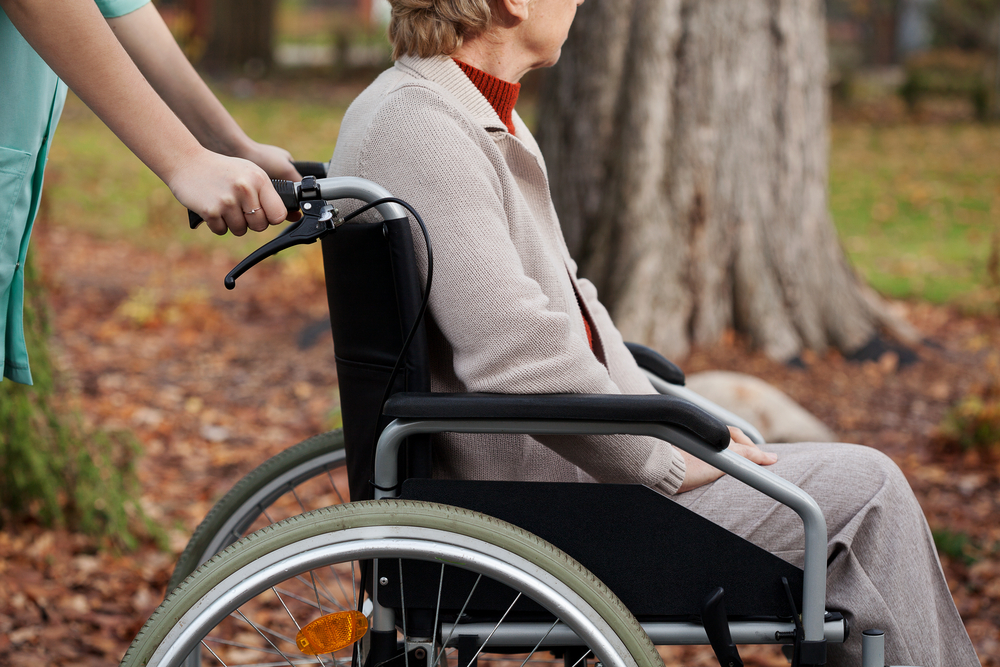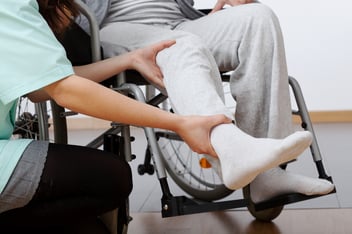Discover the top factors to consider when choosing a residential care home for your loved one.
1. Location and Accessibility
When considering a residential care home for your loved one, one of the first things to look for is the location and accessibility of the facility. It's important to choose a home that is conveniently located, making it easy for family members to visit regularly. Additionally, consider the accessibility of the home in terms of transportation options and nearby amenities such as hospitals, pharmacies, and grocery stores.
Another important aspect of location is the neighborhood in which the care home is situated. Ensure that the surrounding area is safe and secure, with a pleasant environment that promotes a sense of well-being for your loved one.
2. Staff Qualifications and Training
The staff at a residential care home play a crucial role in the well-being and quality of life of your loved one. When evaluating a care home, inquire about the qualifications and training of the staff members. Look for homes that have well-trained and experienced staff who are knowledgeable about providing care for older adults.
Additionally, consider the staff-to-resident ratio to ensure that your loved one will receive adequate attention and care. It's also important to assess the turnover rate of staff members, as high turnover can indicate potential issues with the quality of care. Generally speaking, homes with consistent staff and low employee turnover tend to have a more stable and consistent day-to-day living environment. This tends to positively impact resident satisfaction and minimizes major gaps in the quality or availability of needed daily care.
3. Safety and Security Measures
The safety and security of your loved one should be a top priority when choosing a residential care home. Inquire about the safety measures in place, such as emergency preparedness plans, fire safety systems, and secure entrances and exits. Look for homes that have 24/7 security and surveillance to ensure a safe environment.
Furthermore, assess the layout of the facility to ensure that it is designed with safety in mind. Look for features such as handrails, non-slip flooring, and well-lit common areas. It's also important to inquire about the protocols for handling medical emergencies and how the staff is trained to respond in such situations.
4. Quality of Care Services
One of the most important factors to consider is the quality of care services provided by the residential care home. Inquire about the range of services offered, such as assistance with activities of daily living, medication management, and specialized care for individuals with specific health conditions.
Additionally, ask about the care plans that are developed for each resident and how they are regularly reviewed and updated. Look for homes that have a multidisciplinary approach to care, with healthcare professionals such as nurses, therapists, and social workers involved in the care planning process.
5. Social and Recreational Activities
A vibrant social and recreational program can greatly enhance the quality of life for your loved one in a residential care home. Inquire about the activities and programs offered, such as exercise classes, arts and crafts sessions, and outings to local attractions.
Additionally, consider the availability of communal spaces where residents can socialize and interact with one another. Look for homes that have a calendar of events and activities that cater to the interests and preferences of the residents. A well-rounded program of social and recreational activities can help promote mental stimulation, physical well-being, and a sense of community.
At Hospice Care Partners, we work closely with dozens of quality residential care homes in the DFW area. If you need help determining if a home is a good fit for your loved one, let us help. Just contact us at (817) 203-2901 and ask to speak to a Community Liaison. We would love to help!




